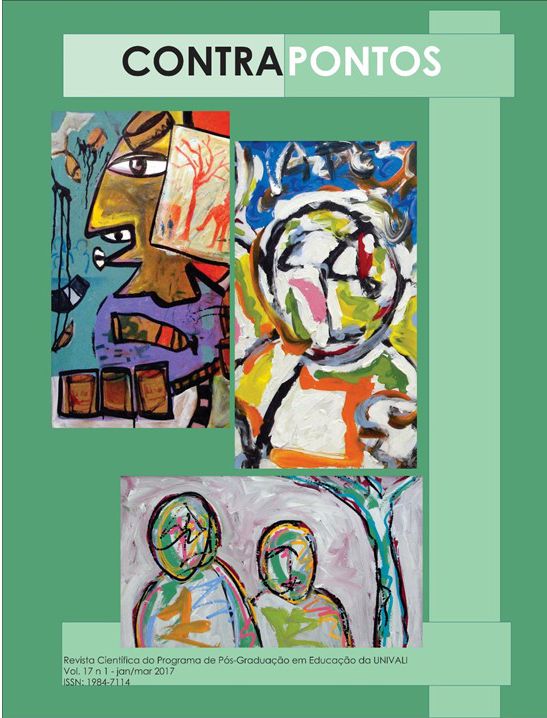
In times when the paradigm of inclusion as assumed as a guiding factor of educational practices, teacher education has been investigated. One of the challenges, when thinking of the proposal of a teacher training, is to design a training curriculum that caters for professional heterogeneity. This study aimed to monitor the development of the curriculum of a teacher training course, from a perspective of inclusion, and its effects in light of critical-collaborative research-action. The procedures carried out in this collaborative-critical action-research are outlined. The group of research subjects was comprised of 22 teachers working in state education networks of the state of Sergipe, and a municipality in Grande Aracaju, including regular classroom teachers and teachers of specialized educational services (ESA). Three main themes were selected, to be covered in the curriculum: Alternative Communication, Curricular Adaptation/Flexibilization, and Inclusive Teaching Practices. The remaining issues would be raised as necessary, according to the needs that emerged from/through the process. Thus, the precepts of the research-action converged to the construction of a curriculum that was designed based on the mutual involvement of the subjects and the researchers. The perspective was broadened to the demands that were emerging during the training process occurred, given the unpredictability that action research assumes in marking human and transformation processes. The investigations launched by the group of researchers were echoed in the group of subjects, leading to a deeper and critical level of reflection about their teaching construction.





